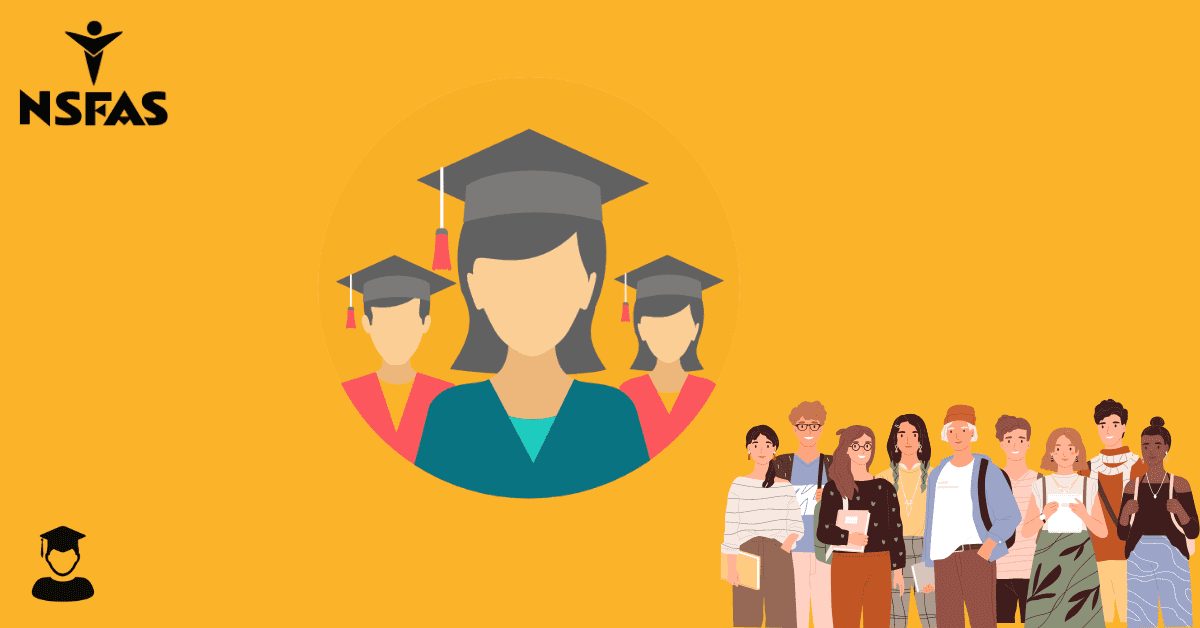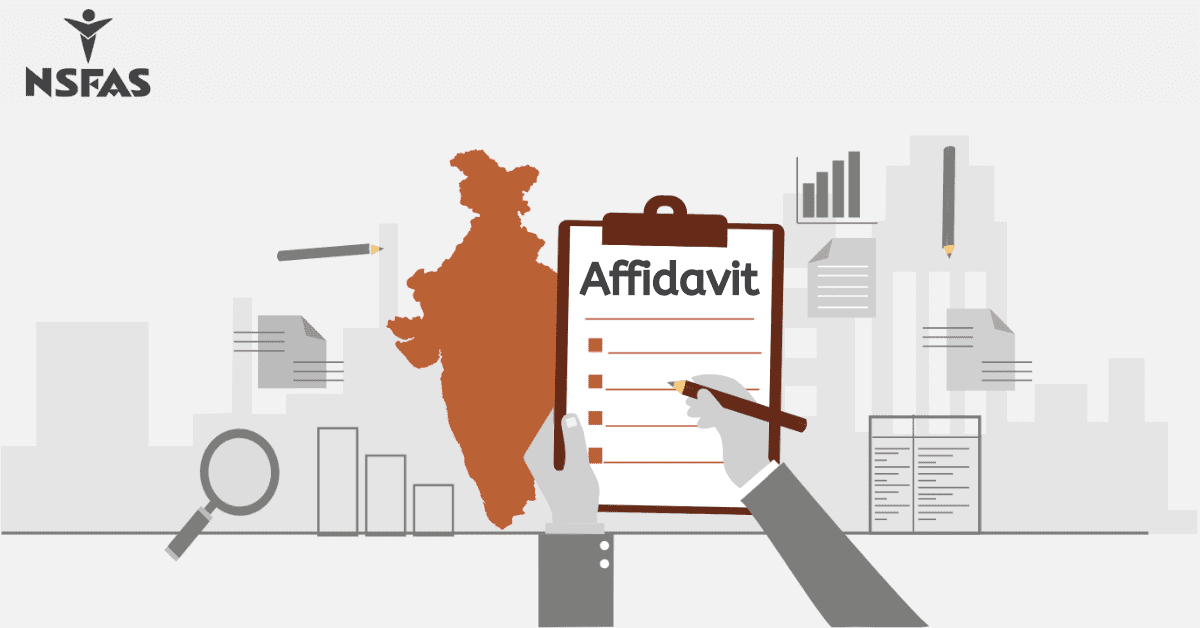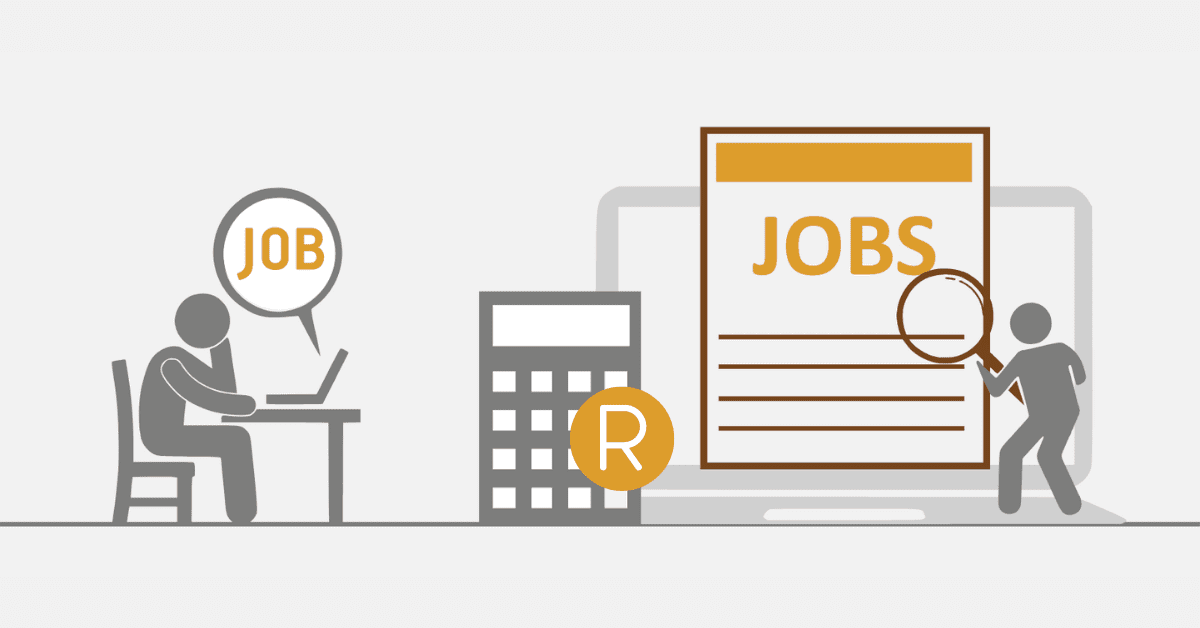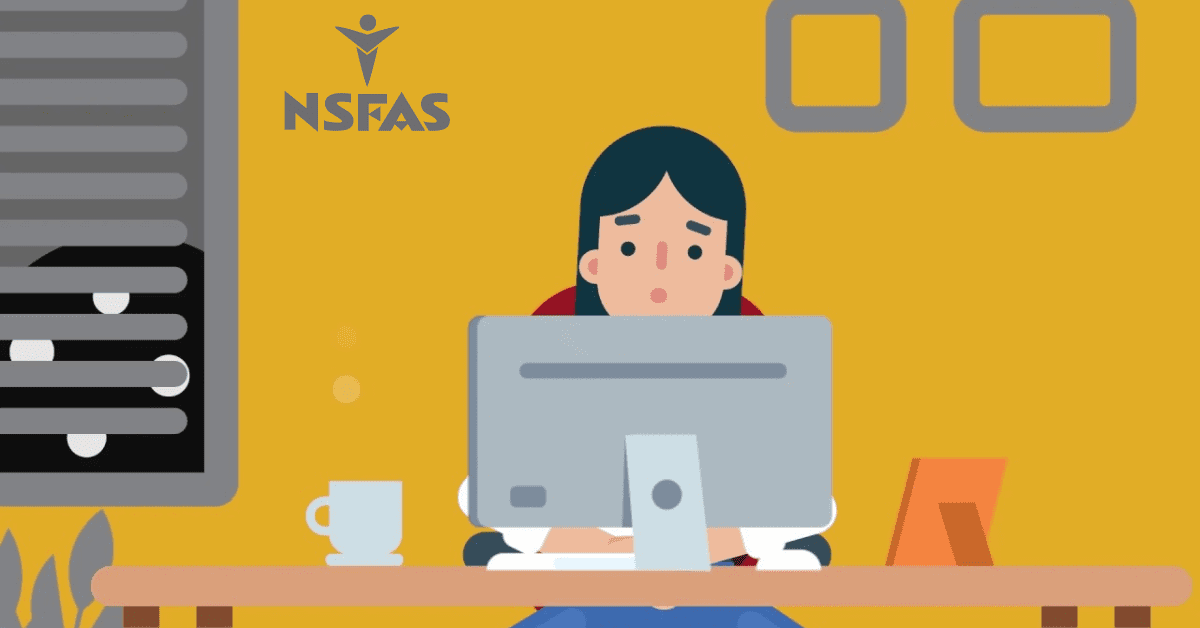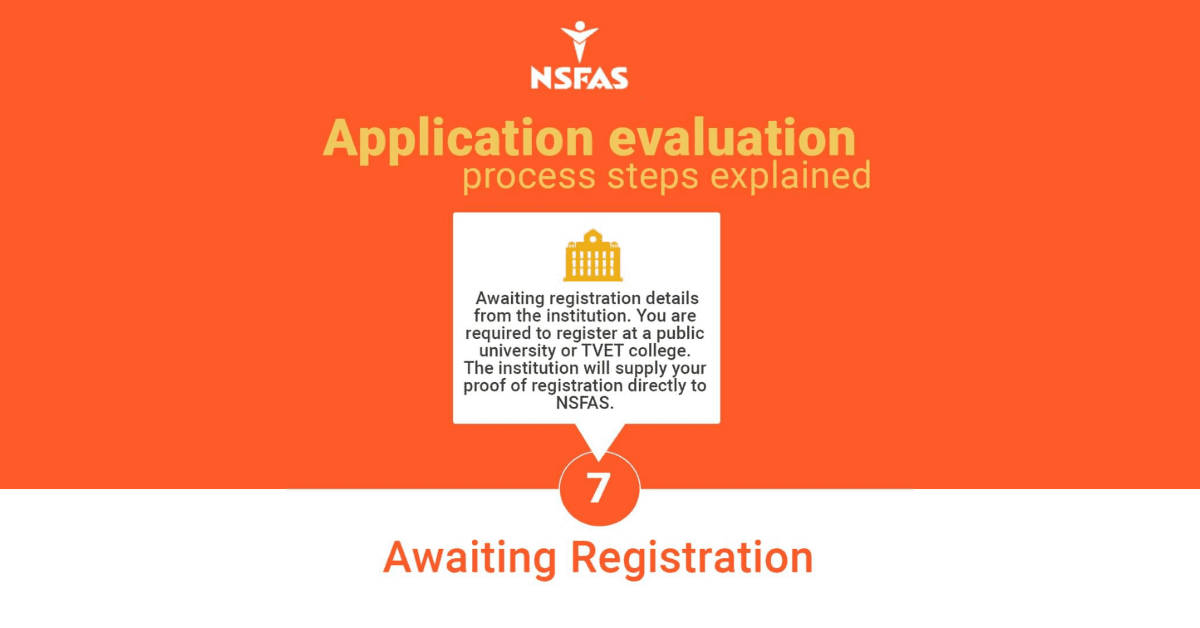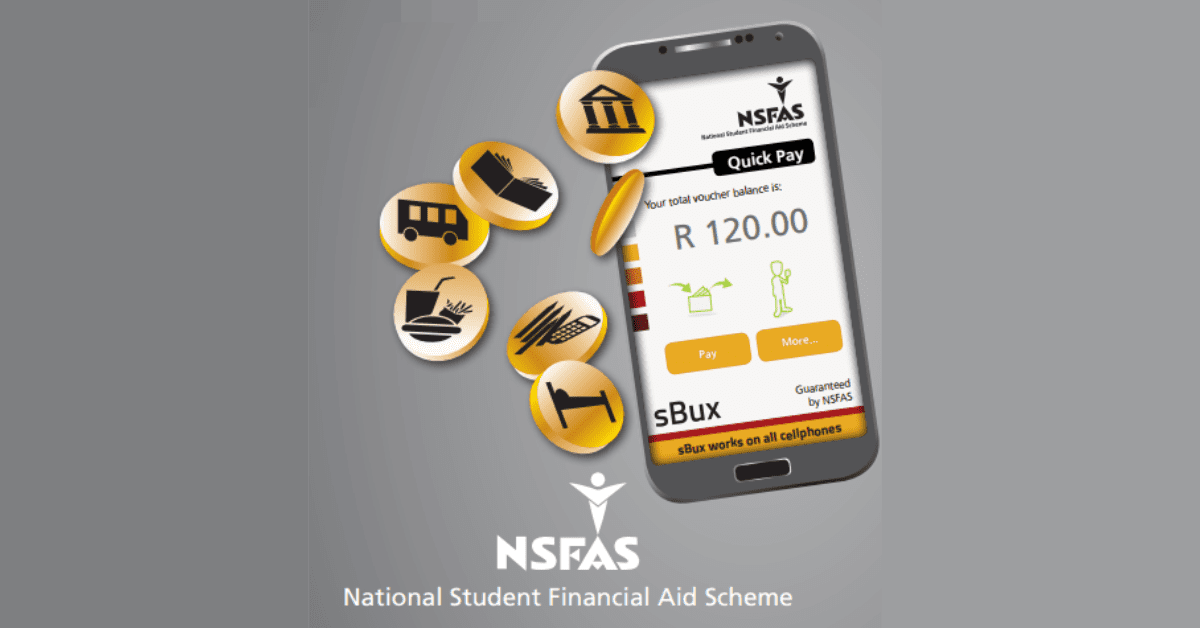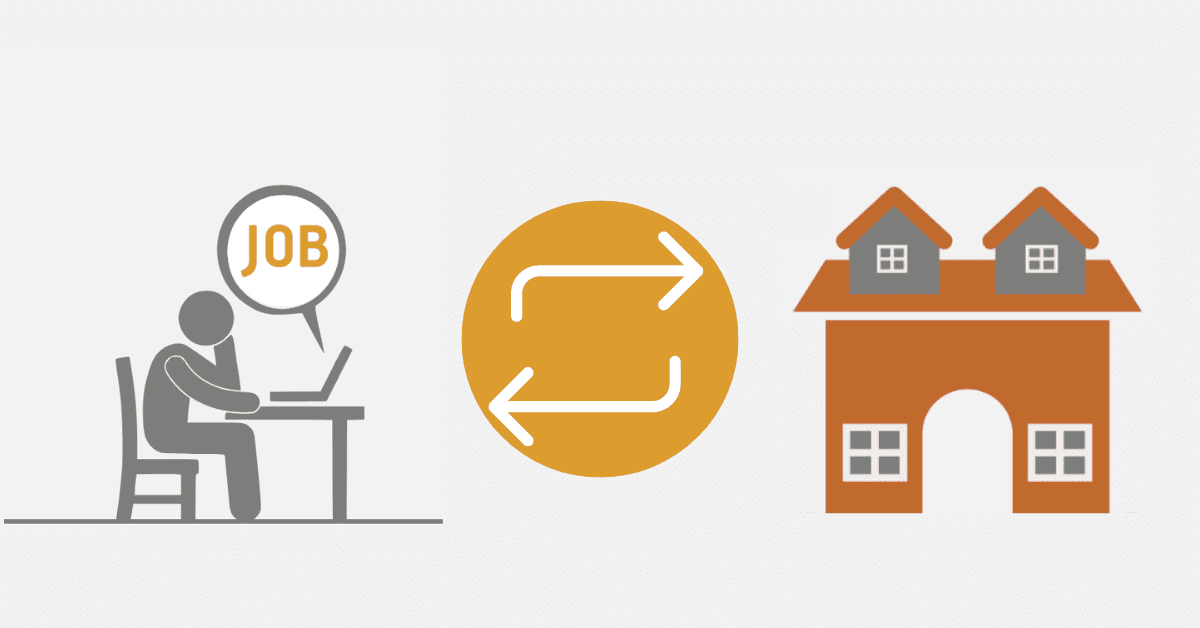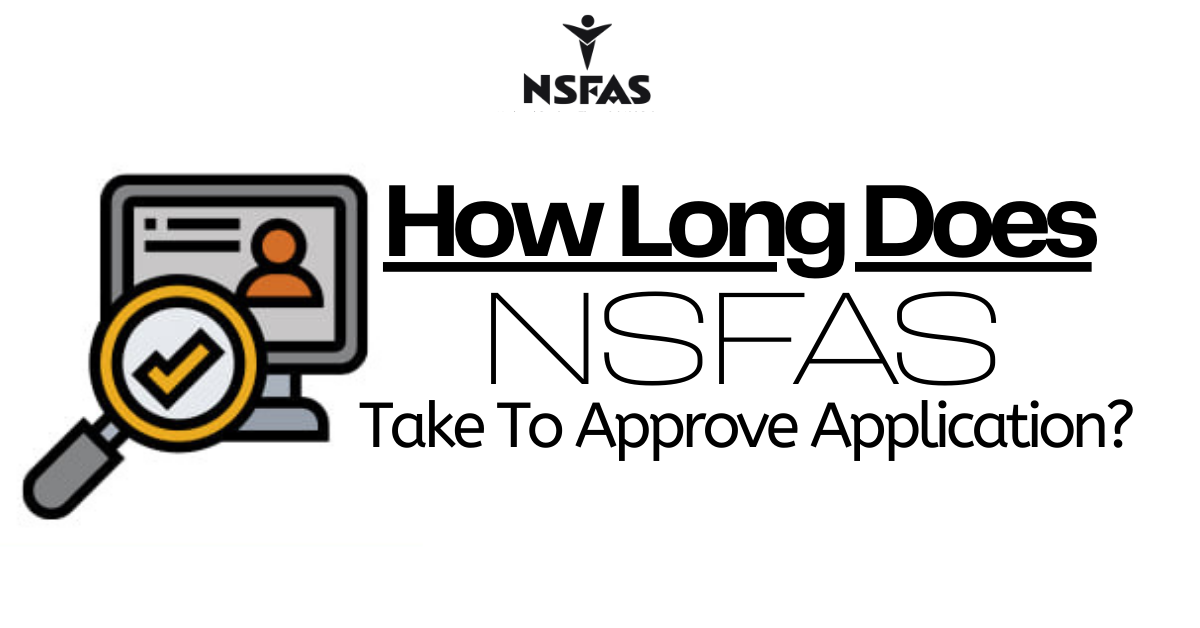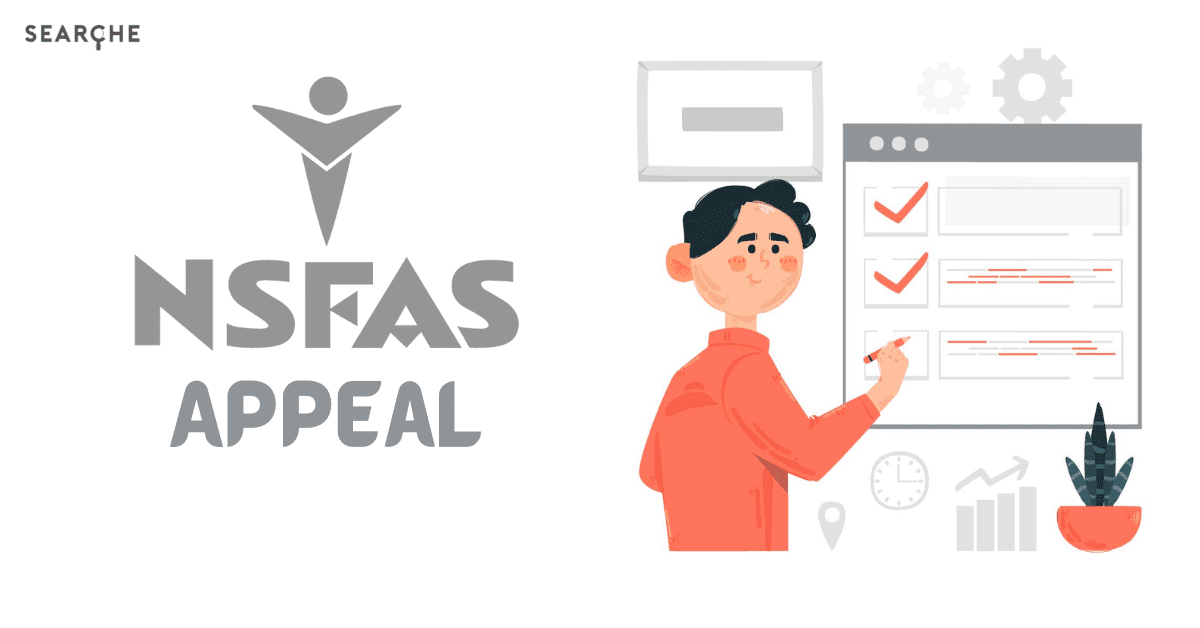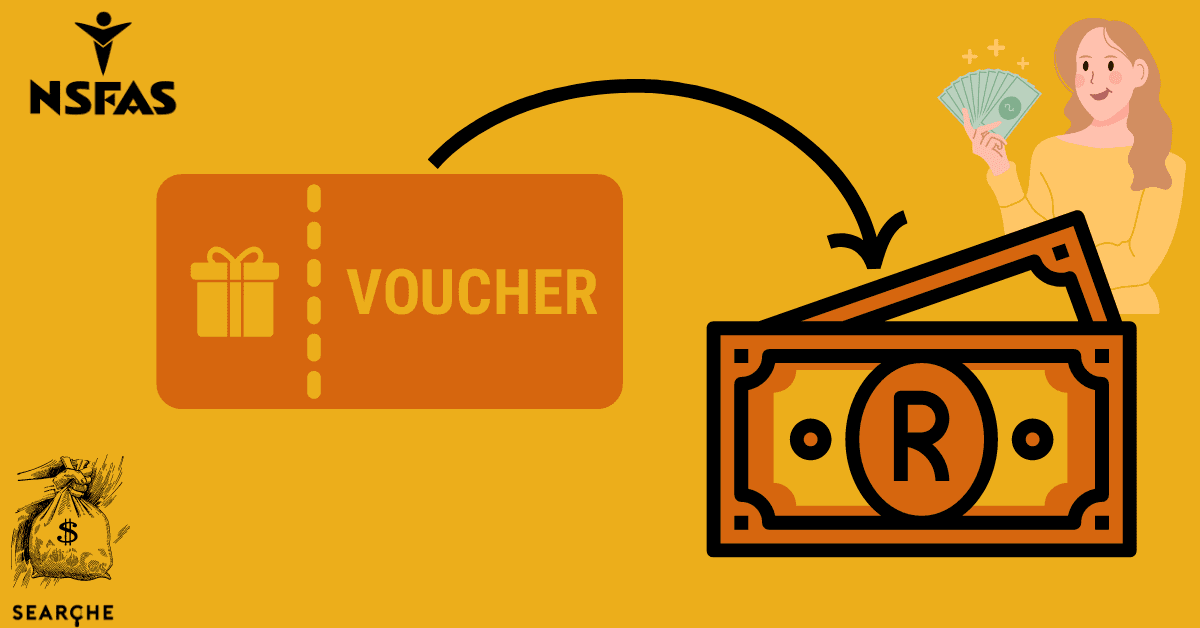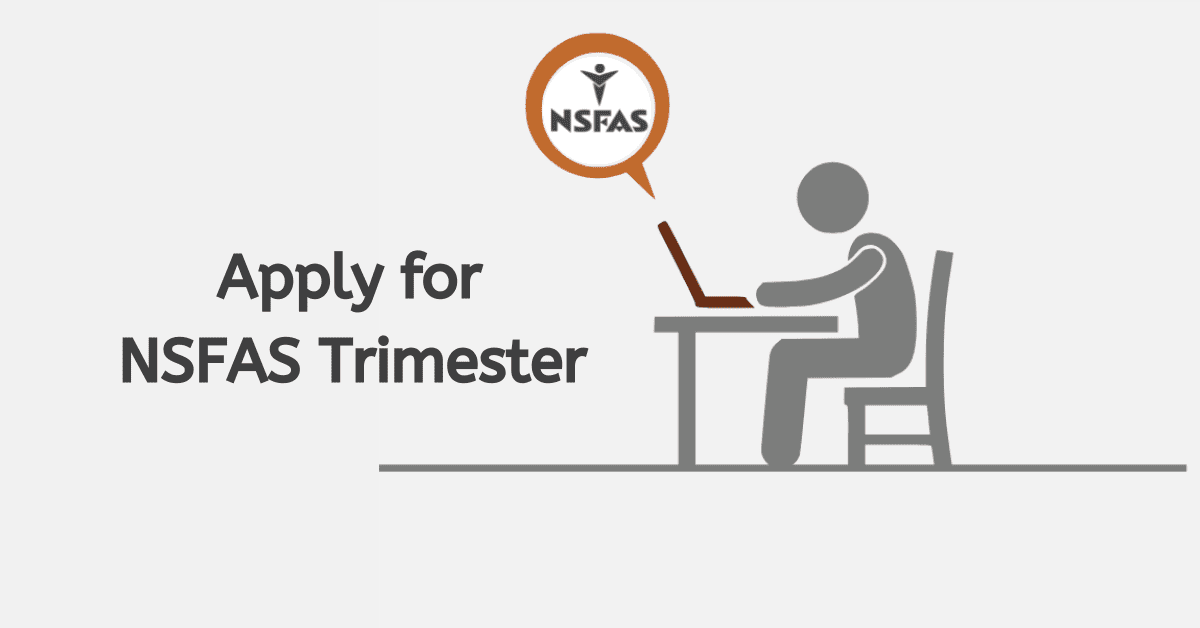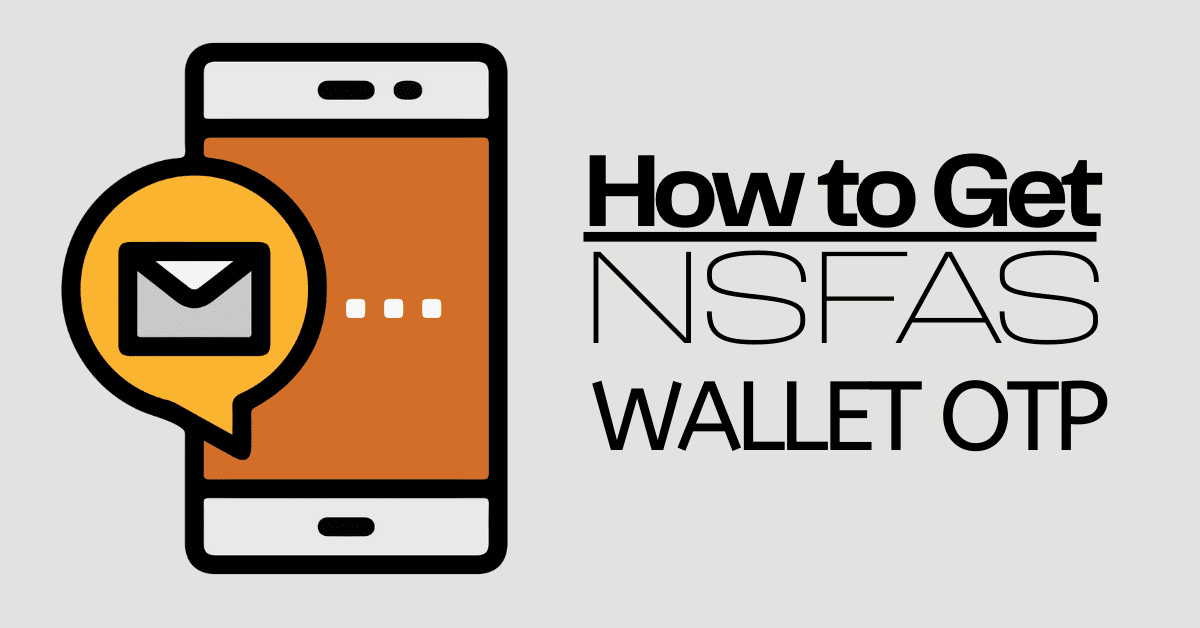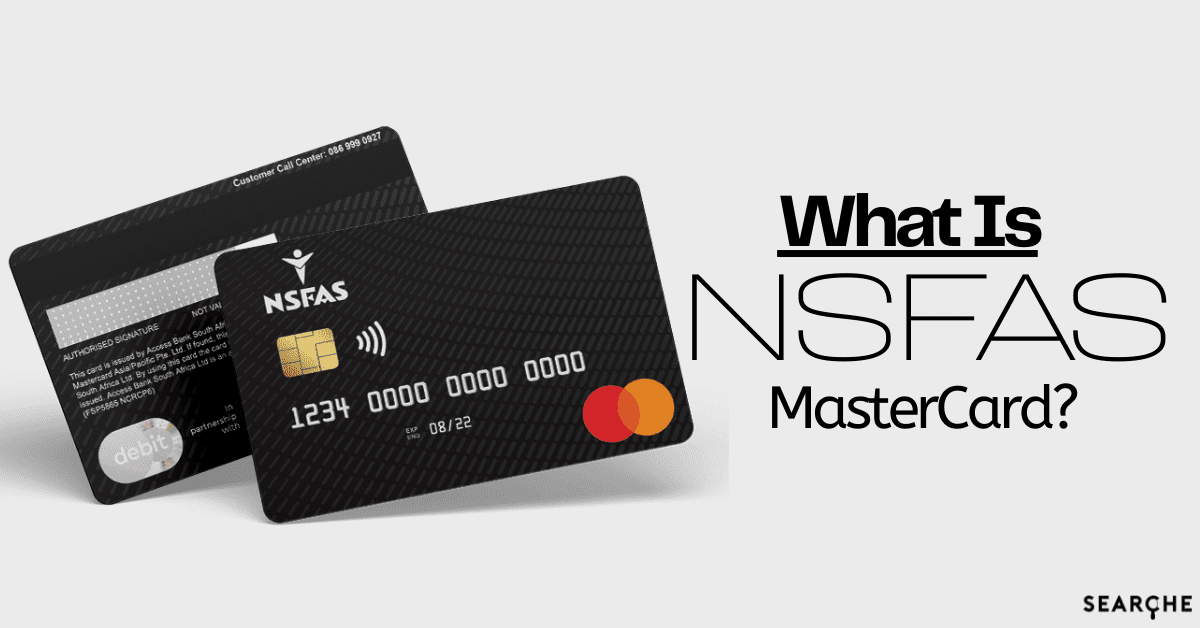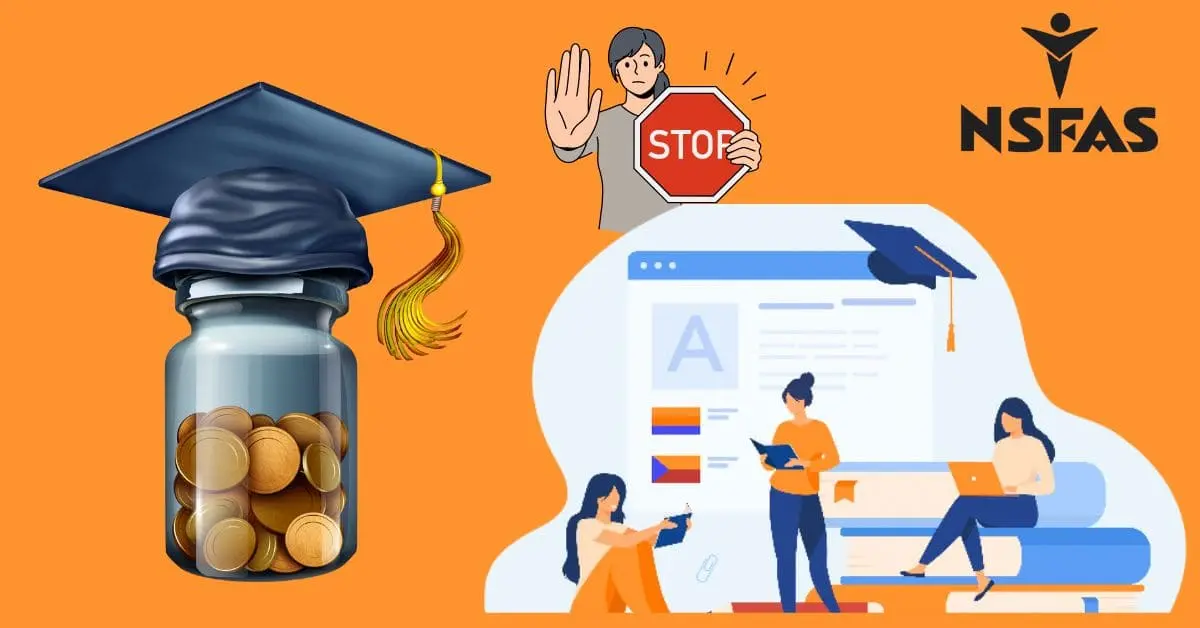A student must be a citizen or permanent resident of South Africa, currently enrolled in or intending to enrol in a public institution or TVET college in South Africa, and come from a household with a combined annual salary of less than R350,000 to be eligible for financing from the NSFAS. In addition, the student must satisfy scholastic and progression requirements in order to maintain eligibility for NSFAS support throughout the duration of their education.
In addition, applicants are required to submit their applications online and provide all of the necessary accompanying documents in order for the process to be considered complete.
How much should a person earn to qualify for NSFAS?
NSFAS updates its determination of financial needs annually to account for changes in expenses and inflation. Keep in mind that a student’s family wealth plays a role in determining how much financial aid they receive from NSFAS.
Students from families with annual incomes of less than R350,000 are guaranteed complete funding, while students from families with annual incomes of between R350,000 and R600,000 are qualified for partial funding.
NSFAS does not provide financial aid to pupils whose families earn more than R600,000 annually. Therefore, regardless of the student’s own income, they will not be eligible for NSFAS money if their family’s income is above this threshold.
What are the pass requirements for NSFAS?
NSFAS, or the National Student Financial Aid Scheme, is a program backed by the government of South Africa that helps qualified students pay for their education.
NSFAS also looks at things like the applicant’s field of study, the cost of the course, and the amount of money that is available before funding students.
Here are some lists of what you need to do to pass NSFAS
- The applicant must be a citizen of South Africa.
- The applicant must come from a low-income family that can’t pay for their schooling.
- The applicant must have been accepted or conditionally accepted to study at a public university or TVET college and meet the school’s academic standards.
- At the time of application, the individual must be under 35 years old, unless they are going for postgraduate studies.
- The applicant must not have gotten NSFAS funding in the past, except for students who are looking for postgraduate studies or who have failed a year of school for medical reasons.
Do I qualify for NSFAS if I’m working?
Applicants who may be employed or working may wish to know if they can genuinely qualify for NSFAS funds. The motive of NSFAS is to provide funds to qualified students, whether they are working or not. However, before you can qualify, NSFAS has some requirements that are related to your annual income.
Most important, when NSFAS is considering applicants, whether or not you are qualified for NSFAS, your salary will be taken into consideration if you are working. When determining whether or not you are in need of financial assistance, the NSFAS takes into account the total revenue of your household. Even if you are working and earning a salary, you might be eligible for the NSFAS if you satisfy the income requirements as well as the other conditions, such as having a strong academic record.
Which qualifications will NSFAS not fund?
While it is the goal of NSFAS to provide financial assistance to as many students as feasible, the organization does not provide funding for all certifications and classes. NSFAS will not provide funding for projects that meet any of the following qualifications:
- NSFAS money is only offered for full-time bachelor’s or postgraduate degrees or diplomas. NSFAS funds only full-time classes.
- NSFAS only funds pupils at state universities. NSFAS does not aid private schools.
- NSFAS won’t pay for repeat classes.
- NSFAS only supports South African Qualifications Authority-accredited courses. (SAQA). NSFAS will not pay for unaccredited courses.
- NSFAS does not pay them. NSFAS may pay for advanced coursework degrees like a Master’s.
- NSFAS does not pay for brief management or leadership classes.
